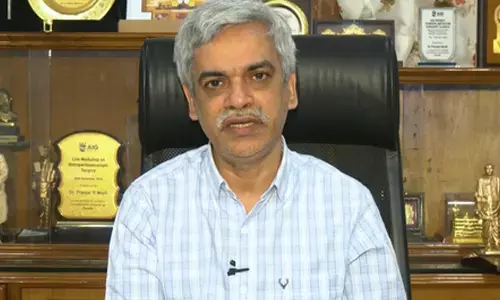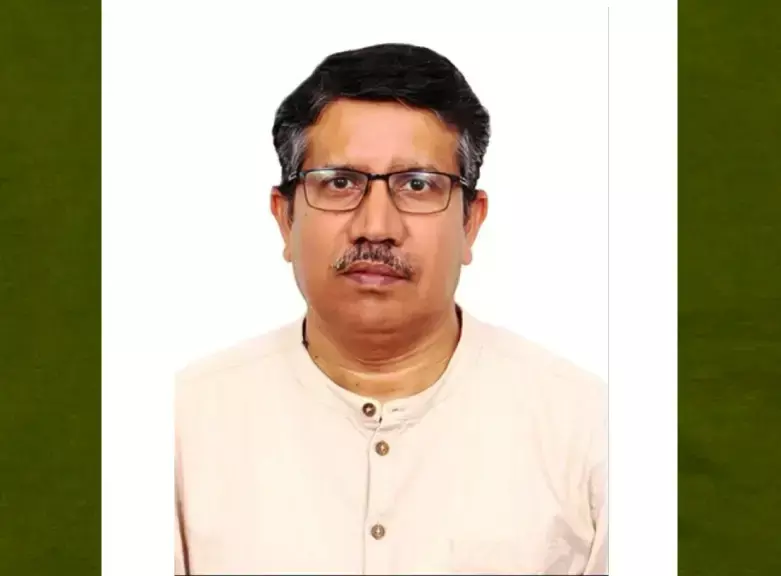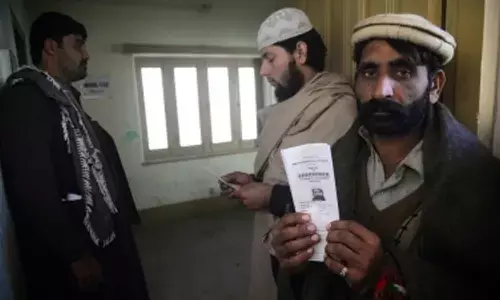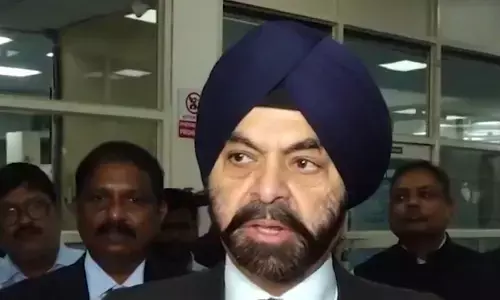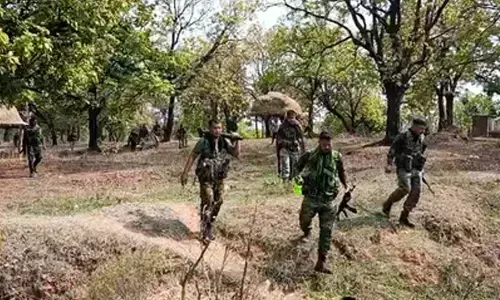Water woes: Onus on KCR, Chandrababu Naidu
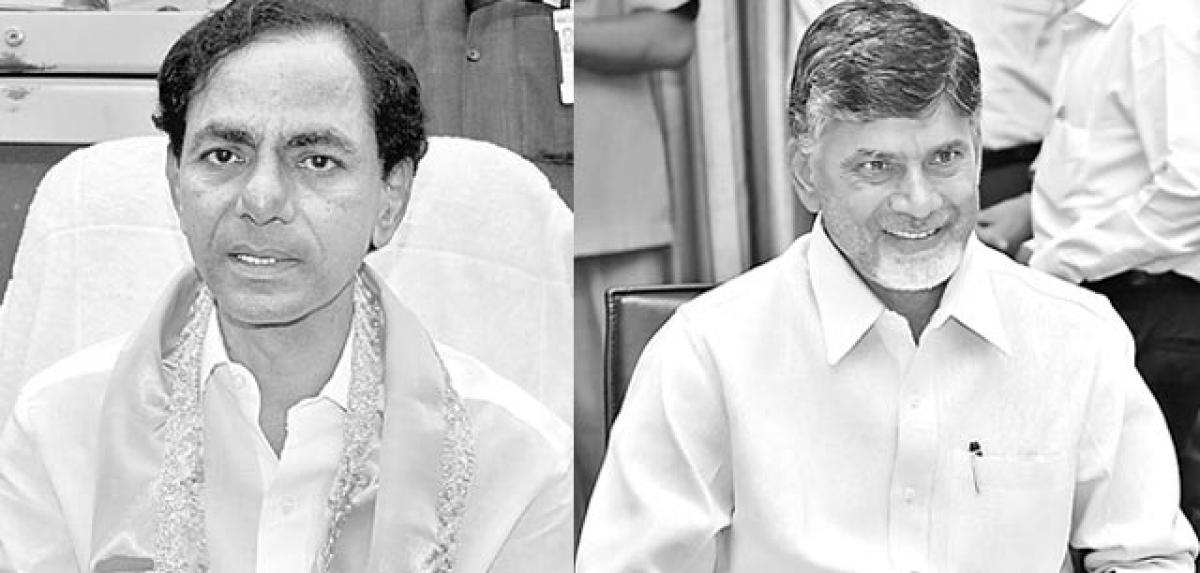
September 21 of this year has the potential to be a Red-Letter day in the annals of Indian polity, provided the two men who can script a new chapter first agree to ink a ‘win-win’ pact. All eyes are on the meeting of the Chief Ministers of the two Telugu-speaking States scheduled to be held in New Delhi on Wednesday.
September 21 of this year has the potential to be a Red-Letter day in the annals of Indian polity, provided the two men who can script a new chapter first agree to ink a ‘win-win’ pact. All eyes are on the meeting of the Chief Ministers of the two Telugu-speaking States scheduled to be held in New Delhi on Wednesday.
If the prevailing moods of the two governments are pointers, then it appears like there is a distinct possibility of the two arriving at a mutually agreeable and beneficial, understanding, their political differences, notwithstanding. While both the Chief Ministers are preparing detailed reports to be submitted to the Union Water Resources Ministry, they seem overwhelmingly in a give and take mood.
K Chandrasekhar Rao has made it clear that he was ready for a negotiated settlement of the problem provided the neighbouring State comes forward with an open mind. His Andhra Pradesh counterpart, N Chandrababu Naidu, has stated that lessons can be learnt from the volatile twist to the Cauvery water row that has thrown life asunder in Karnataka and Tamil Nadu.
He opined that such a situation should not befall the Telugu states, and can be achieved if both shed differences and adopt a positive attitude to resolve the problem. The apex council meeting at Delhi is being seen as one such opportunity to find a solution to the vexed problem. Of course, both governments must rise above political considerations for such a miracle to actually happen.
The AP Water Resources Minister D Umamaheswara Rao claims that their report would not only point out the objections of the State government with regard to certain projects being taken up by Telangana, but would also adopt a practical view to find a workable solution when both the CMs sit across the table.
He said the interests of the farmers and people were equally important. However, they should be based on rational and logical thinking that stem from a ‘live and let live’ approach. One of the issues that would come up for discussion at the apex council meeting pertains to objections raised by AP in regard toPalamuru Ranga Reddy lift irrigation project.
The AP government says that there is no assured water allocated to the project and hence was objecting to construction of a project without assured waters. This issue is pending before the court of law. The TS, on its part, says that the project was conceived during the united AP even as TS government had been allocated 77 tmc of surplus water.
Another contentious issue revolves around the Rajolibanda Diversion Scheme (RDS). Originally RDS was contemplated to irrigate 87,500 acres in Telangana region by using 15.9 tmc on left side of Tungabhadra River. Against 15.9 tmc of water to TS, only 5 tmc is being realised for all of these decades.
In the given circumstances, taking up of RDS Right Canal Scheme by AP may further aggravate the suffering of ayacutdars on left side in Telangana, is what the TS government is apprehensive about. It also feels that taking up of Right Canal is against the spirit of AP Reorganisation Act, 2014, which stipulates that planning of new projects has to be appraised and recommended by the Krishna River Management Board and by the CWC.
The AP government in the meantime has written to Karnataka government to stop works. In a counter move the TS government asked Karnataka not to stop the works. The TS government has been insisting that AP should not store water at Pulichintala reservoir till the time the displaced persons are not rehabilitated. But there has no positive response from AP, it claims.
There are nearly 13 villages which face submergence at the project site in Nalgonda district. Officials said that if the reservoir built with a capacity of 40 tmc under the project was filled with water, the low-lying areas would be badly affected. The TS government is also opposed to Pattiseema and the latest controversy that has risen is the Mucchumarri project in Kurnool district for which the clearance of the apex council has not been obtained by Andhra Pradesh, according to the TS government.
The AP Chief Minister has been maintaining that TS was violating the provisions of the AP Reorganisation Act by constructing new projects on Krishna and Godavari rivers flowing through the Telugu-speaking states. In the backdrop of this, the meeting of the two CMs assumes great significance. If they show rare maturity and sign on the dotted line, the people and farmers from the two States will have a reason to smile and thank their stars.
By V RAMU SARMA










